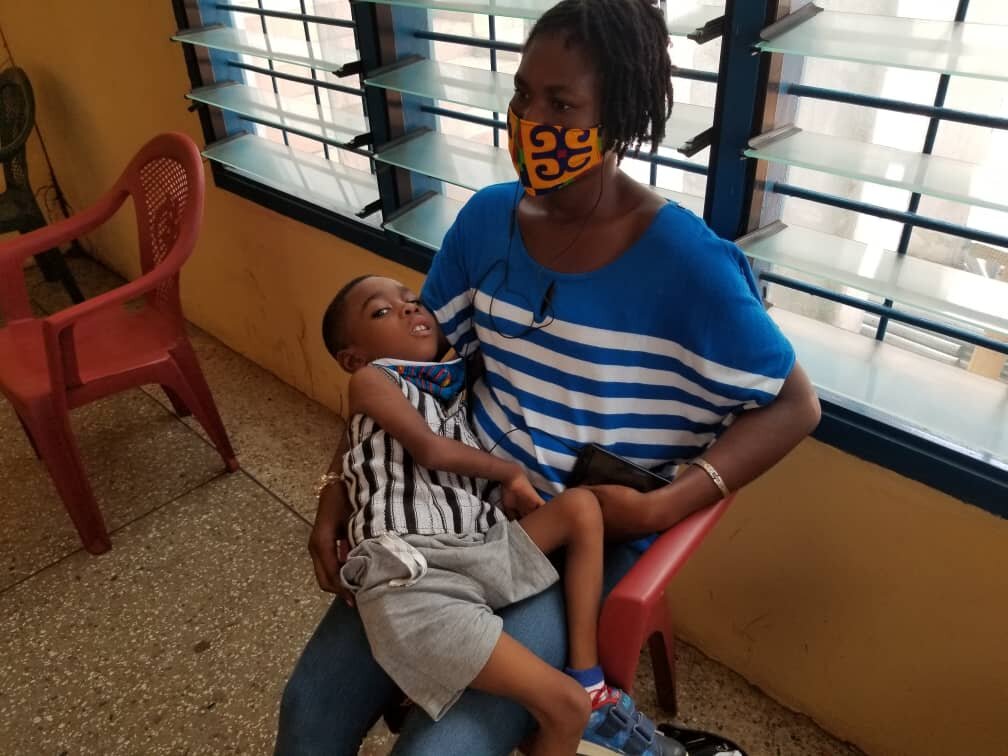A Peer Health Navigator Model for Children with Developmental Disabilities in Ghana (Module II)
What is the project about?
Peer Health Navigator (PHN) models have been successful in empowering patients with chronic conditions. Currently, there are no published PHN interventions in the world tailored to families of children living with developmental disorders (CLWDD). This study’s overarching goal is to adapt the Our Peers Empowerment Navigational Support (OPENS), a US-based, adult-focused, PHN intervention for CLWDD and their families in Ghana relevant to Ghana’s socio-cultural, health, legal, political, and economic structures.
Why is the project important?
CLWDD include those with physical disabilities (e.g., cerebral palsy), behavioral problems (i.e., autism), spectrum disorders, attention deficit hyperactivity disorder, and intellectual disabilities. From 1990-2016, the prevalence of children living with developmental disabilities (CLWDD) under five years old increased by 71% in sub-Saharan Africa, opposing the declining trends in most of the world. Families of the estimated 400,000 CLWDD living in Ghana face several well-documented individual, social, structural, and informational barriers that negatively impact their access to healthcare and social services.
How is this project going to solve the problem?
Peer health navigators (PHNs) are trained community members that share similar lived experiences as their clients. One such PHN model is called Our Peers Empowerment and Navigation Support (OPENS), created for adults living with a disability. The study aims to adapt the adult-focused PHN model known as OPENS-US for children with developmental disabilities to reduce healthcare barriers, promote quality of life, and reduce caregiver burden and stigma among CLWDD and their caregivers in Ghana.
How will the study be conducted?
This study uses a community-based participatory approach. Data collection and analysis will occur in three regions of Ghana using qualitative methods. These regions are the Greater Accra Region (Accra Metropolitan Area and surrounding towns), the Bono Region (Sunyani and surrounding rural areas), and Northern Region (Tamale and surrounding rural areas). Participants include caregivers of CLWDD and professionals who focus on CLWDD. The long-term goal is to conduct a randomized controlled trial on the efficacy of PHNs.



